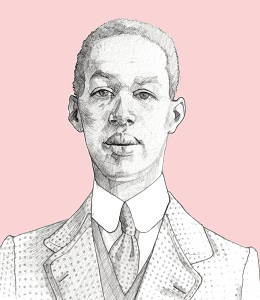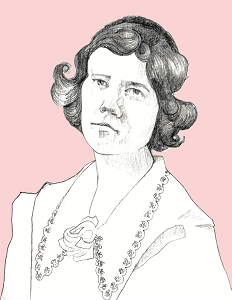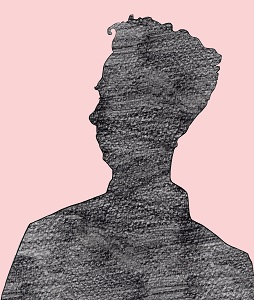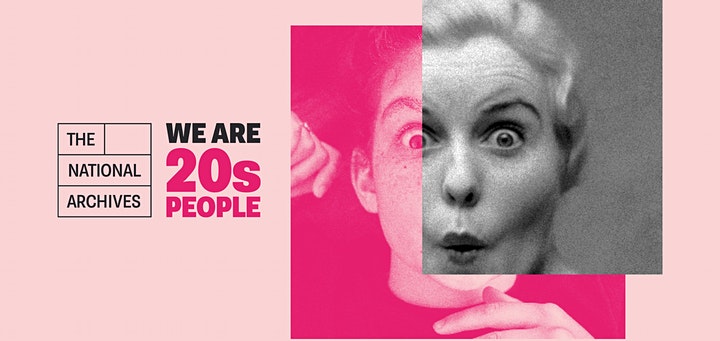A topic of debate that continues to ebb and flow as it has done over decades and centuries, what it means to be British has been determined by myriad contemporary factors; with the 1920s following the First World War and Race Riots of 1919, debate about nationality and citizenship demanded significant attention. Claudius, Hilda and Said are just three examples of how contemporary thinking marginalised certain people; click each image or link to find out about the story behind it.
 Claudius Smart
Claudius Smart
The merchant seaman from Liverpool
Read the heartbreaking story of Claudius Smart, a merchant seaman who, despite being British, residing in Britain, with his British wife, felt like ‘a stranger among strange people’.
 Hilda Toyokawa
Hilda Toyokawa
The woman who lost her nationality
Hilda’s story sheds light on the legal status and personal identity of women in the 1920s; immediately stripped of her British nationality upon marriage to a Japanese man, she faced a fight to have the injustice overturned.
 Said Mohamed
Said Mohamed
The seafarer and coffee shop owner
Said’s story intertwines heavily with the changing political landscape of the 1920s, as contemporary administrations looked to tighten up what it meant to be ‘British’ in the wake of the 1919 Race Riots.
What is 20 People of the 20s?
20 People of the 20s is a project where staff members at The National Archives have researched a story of someone from the 1920s. From family members and First World War service personnel, to famous performers and politicians, we hope these stories will encourage you to explore the breadth of experience in 1920s Britain. 20 People of the 20s is part of 20sPeople – our season to mark the release of the 1921 Census, connecting the 1920s and the 2020s. Find out more here.
